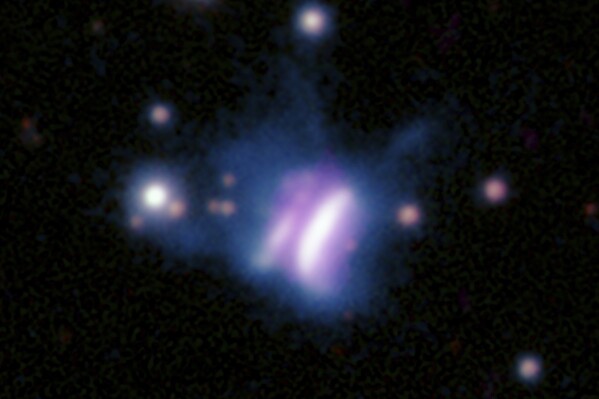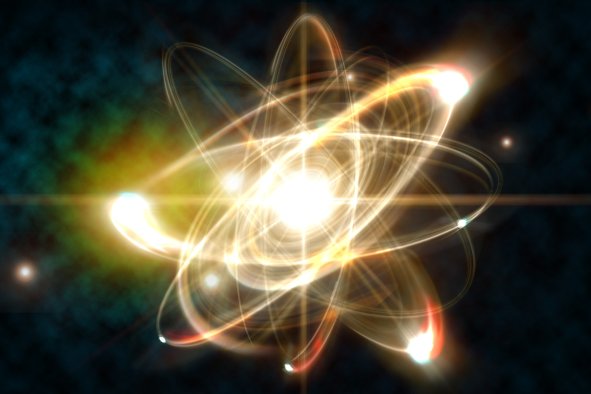Boeing's Starliner mission has been delayed for the second time in as many weeks after a helium leak was detected in the spacecraft's service module, according to a statement by the company on Tuesday.
Last week, Boeing's first crewed launch to carry astronauts into space was aborted due to a potential issue with the oxygen relief valve in the Atlas rocket, which is run by the United Launch Alliance (ULA), and not an issue with the Starliner itself.
The mission at Florida's Cape Canaveral Space Force Station is now delayed until at least May 21 at 4:43 p.m., according to Boeing.
The company said engineers traced the leak announced Tuesday to a component on one of the propulsion system's 28 control thrusters used for maneuvering in Earth's orbit.
Boeing said NASA astronauts Butch Wilmore and Suni Williams returned to Houston on May 10 to spend time with their families. The pair will fly back to NASA's Kennedy Space Center in Florida soon, according to the company.
Newsweek reached out to Boeing for additional comments Tuesday afternoon. This story will be updated with any provided statements.
Starliner would provide NASA with a second U.S. spacecraft capable of carrying astronauts to and from the International Space Station.
Boeing's spacecraft launch, which has been years in the making, has faced multiple issues and delays, leading it to fall behind its competitor, Elon Musk's SpaceX.
In 2014, Boeing secured a $4.2-billion contract for its Starliner spacecraft, while SpaceX received $2.6 billion under NASA's Commercial Crew Program.
However, the SpaceX Crew Dragon spacecraft carried out its first crewed launch in 2020, while Boeing's first is yet to happen.
Boing's delayed mission, called the Crewed Flight Test, is scheduled to be the final test before Starliner is certified by NASA to fly routine astronaut missions to the ISS. In 2022, Boeing completed an uncrewed Starliner trip to the ISS after years of technical and management issues.
The aviation company has been dealing with a PR nightmare following a series of safety issues with its planes this year. There were 29 incidents, accidents and occurrences involving Boeing planes globally from January 1 to April 7, according to data available from the National Transportation Safety Board's online case analysis and reporting tool.
Last month, Boeing reported losses of $355 million in the first three months of the year, which was not as steep a loss as analysts had expected.
The company's CEO, Dave Calhoun, announced last month that he would step down at the end of the year following the safety issues.
According to Reuters, the Starliner program is more than $1.5 billion over budget.
Analysts have noted that the stakes are high for Boeing's delayed spacecraft mission.
"It's very important for [Boeing's] desire to be relevant to NASA, relevant to manned space flight and for confidence internally to turn around and execute a program that's had problems," Ken Herbert, a Boeing analyst at RBC Capital Markets, recently told science outlet Phys.org.
"This could be a big win for Boeing, if they can successfully pull this off, just in light of all the bad news they get from every other part of the business."
Disclaimer: The copyright of this article belongs to the original author. Reposting this article is solely for the purpose of information dissemination and does not constitute any investment advice. If there is any infringement, please contact us immediately. We will make corrections or deletions as necessary. Thank you.



